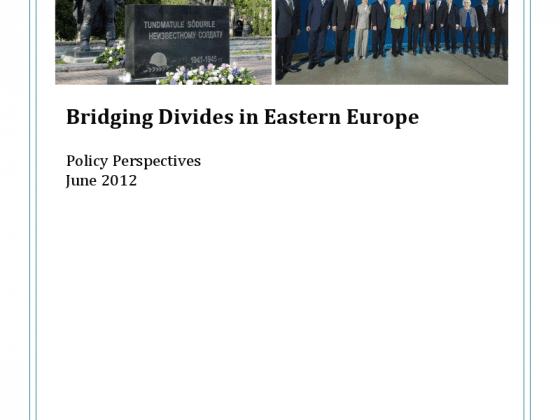In February 1997, President Clinton launched the Partnership for Freedom, a new program of bilateral assistance for democracy promotion in Russia and the other NIS countries. This program asks for more funding than in previous years and over a longer period of time than was foreseen in the program authorized by the Freedom Support Act of 1992. This funding reached a high of $1.3 billion for Russia in 1994 and had declined to $95 million in 1997. Under the Partnership for Freedom proposal, the NIS account would receive $900 million in 1998, of which $242 million would be earmarked for Russia.)
The program also represents a shift in strategy. The earlier program sought to facilitate institutional and policy reform with large, short-term technical assistance grants. The new initiative emphasizes a "bottom-up" strategy designed to strengthen civil society. In particular, it would expand exchange programs between the NIS and the United States, encourage the creation of small business and microlending enterprises, and strengthen the "third sector" of nongovernmental organizations (NGOs) in the region. […]









